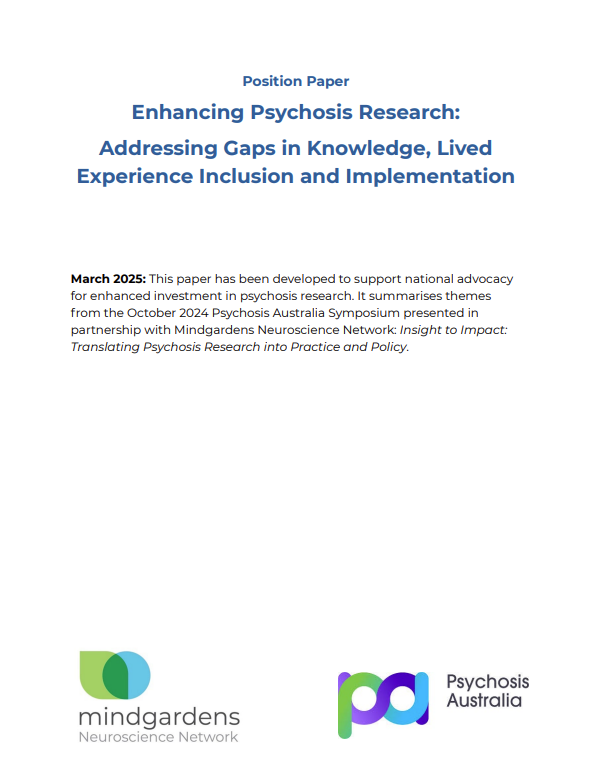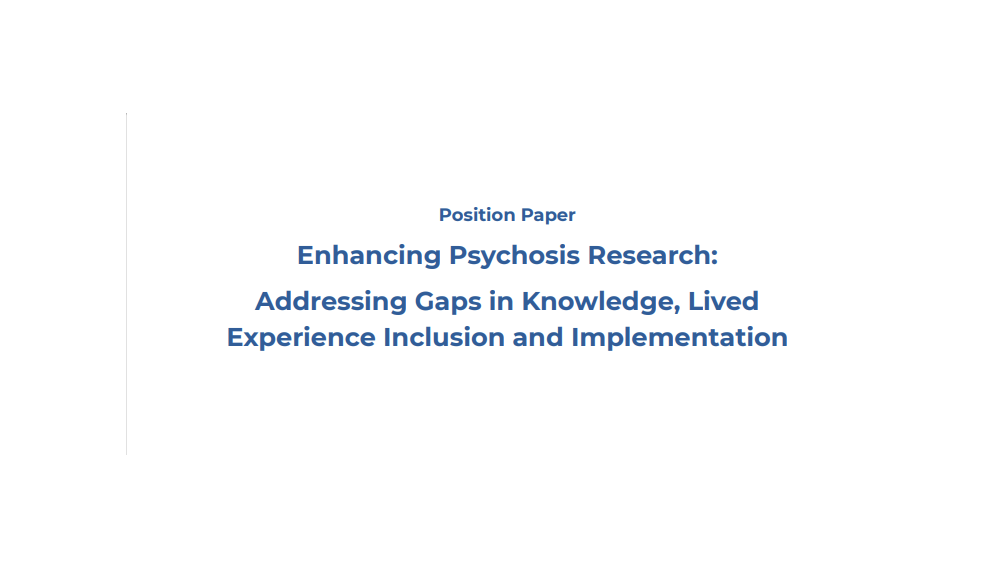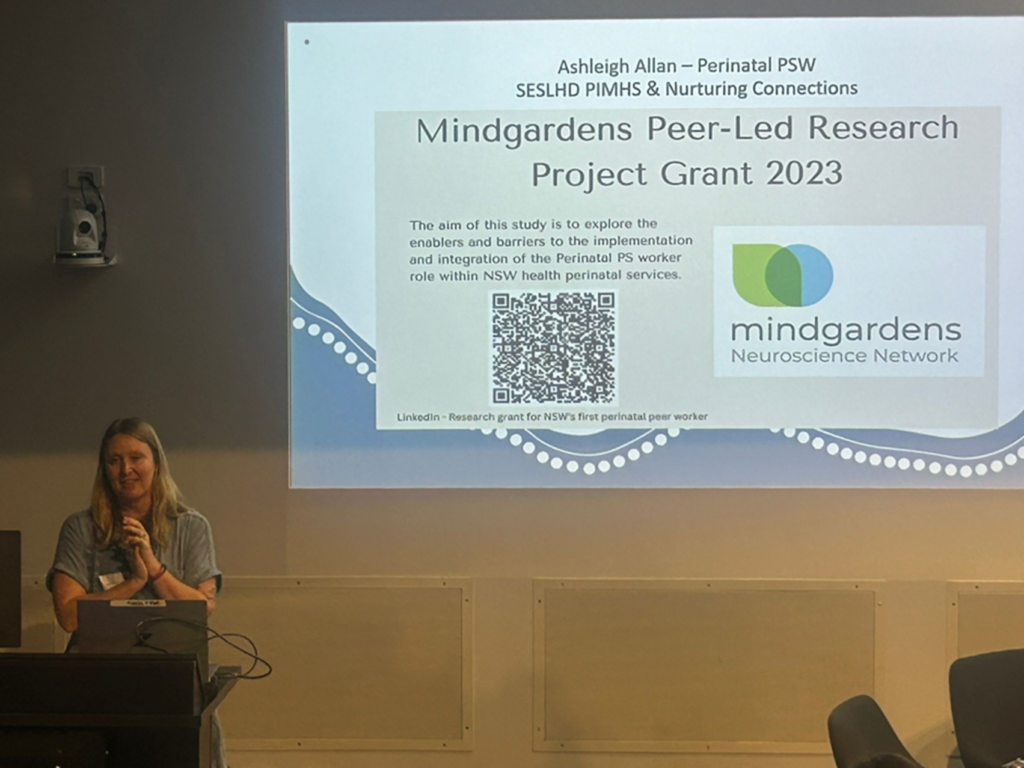Psychosis Australia and Mindgardens Neuroscience Network Urge National Action on Underfunded Mental Health Crisis
Groundbreaking Position Paper Delivered to Nearly 60 Federal MPs and Senators
A powerful new position paper co-authored by Psychosis Australia and the Mindgardens Neuroscience Network has been distributed to nearly 60 Members of Parliament and Senators, calling for urgent and sustained investment in psychosis research and support services across Australia.
The paper, titled Enhancing Psychosis Research: Addressing Gaps in Knowledge, Lived Experience Inclusion and Implementation, outlines a national roadmap to address decades of underfunding and systemic gaps—despite the profound personal, social, and economic impact of psychosis.
Drawing from the October 2024 Insight to Impact: Translating Psychosis Research into Practice and Policy symposium, the paper represents insights from people with lived experience, families and carers, clinicians, researchers, and policymakers. It urges a collaborative, multi-sector approach to driving real change.
Key Recommendations to Government:
- Establish targeted research funding for under-served populations including Aboriginal and Torres Strait Islander communities, people living in rural and remote areas, LGBTQI+ people, and individuals with co-occurring conditions.
- Integrate lived experience at all stages of research, from design to implementation and evaluation, including meaningful leadership by consumers and carers.
- Invest in both psychosocial services and biomedical treatments, supporting holistic, person-centred approaches to care.
- Accelerate the translation of research into practice, reducing the 17-year lag between discovery and implementation through dedicated funding and structural reform.
Psychosis affects around 100,000 Australians at any given time, contributing to nearly $5 billion in annual economic costs. The condition is associated with significant disability, premature death, and long-term disadvantage, yet continues to receive disproportionately low levels of research funding.
“We are calling for bipartisan support to fix this long-standing imbalance in mental health research,” said Rob Ramjan AM, Chair of Psychosis Australia. “The solutions are clear—we need targeted funding, lived experience leadership, and research that leads to real-world improvements.”
“This is not just a mental health issue—it’s a matter of equity, health justice, and national productivity,” said Professor Jackie Curtis AM, Executive Director of Mindgardens Neuroscience Network. “We are urging the Government to prioritise implementation science, strengthen partnerships between researchers, clinicians and communities, and ensure research directly benefits people living with psychosis.”
Calls to Action from Psychosis Australia and Mindgardens:
- Psychosis Australia urges all sides of Parliament to adopt this roadmap in the next term of government, establishing a coordinated, inclusive, and well-funded national research strategy for psychosis.
- Mindgardens Neuroscience Network calls on Government to break down silos between research and practice by investing in real-time implementation studies and supporting clinical-research partnerships that ensure science leads to service transformation.
Both organisations are seeking continued collaboration with policymakers, researchers, service providers, and those with lived experience to shape a research ecosystem that delivers measurable outcomes.
Read the full position paper here: Enhancing Psychosis Research: Addressing Gaps in Knowledge, Lived Experience Inclusion and Implementation
Brings together the strengths of four founding organisations









